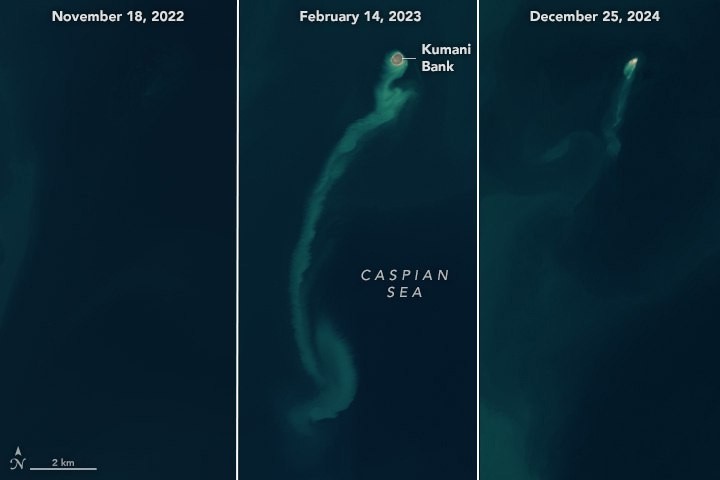Development of a Maritime Fleet in a Landlocked Country
It may come as a surprise to some, but despite being a landlocked country far from any ocean, Kazakhstan is actively developing its maritime fleet. The country recognizes that to play a significant role in maritime transport across the Caspian Sea, Kazakhstan must enhance the competitiveness of its commercial fleet, alongside improving coastal infrastructure and services. This initiative not only generates revenue for Kazakh transport companies and contributes to the national budget but also safeguards the country's foreign trade. Kazakhstan has set an ambitious goal to establish a regional transit hub based on its Caspian Sea ports, Aktau and Kuryk. It is attracting major international players to develop its logistics services and integrate Kazakhstan into the global trade and transport network. However, the development of the national commercial fleet is lagging. The shortage of a strong fleet means Kazakhstan struggles to compete with the maritime industries of other Caspian nations. It is no secret that most maritime transport between the ports of Aktau/Kuryk and Baku is currently handled by the Azerbaijan Caspian Shipping Company, one of the largest maritime transport operators in the region. The company owns more than 50 transport vessels and over 110 specialized ships and plans to implement a large-scale investment program to modernize its fleet by 2029. Meanwhile, according to Kazakhstan’s Bureau of National Statistics, 263 maritime vessels are registered in the country. However, more than 70% of these vessels are over 25 years old. The aging fleet and weak presence in the maritime transport market prevent Kazakhstan from increasing its share in global supply chains, meaning most of the profits from freight transport go to foreign carriers. The longstanding principle discussed in Kazakhstan’s transport sector — “Our Cargo – Our Port – Our Fleet”— could enable domestic transport companies to earn up to 30% more through logistics-related revenue. According to World Bank estimates, by 2030, cargo transportation via the Trans-Caspian International Transport Route is expected to reach 11 million tons. The Concept for the Development of Kazakhstan’s Transport and Logistics Potential until 2030 forecasts that the volume of containerized transit cargo along this corridor from China will grow by at least 40,000 TEU (twenty-foot equivalent units) in the next five years. Over the past decade, Kazakhstan’s domestic tanker fleet has significantly reduced its oil transport operations, as most of the country's crude oil is now transported via pipelines. However, a recent drone attack on the Caspian Pipeline Consortium's (CPC) largest oil pumping station and a subsequent statement from “Transneft” warning that this could lead to a 30% reduction in Kazakhstan’s oil exports highlight the urgent need for an alternative maritime route for oil transport. This would help maintain stable oil production in the country’s fields. Accelerating the modernization and expansion of Kazakhstan’s national fleet will integrate the country into the regional transport and logistics system, reduce dependency on foreign vessels, and protect foreign trade from volatile freight market conditions — especially given ongoing geopolitical uncertainties in the region. A key initiative expected to strengthen Kazakhstan’s...






